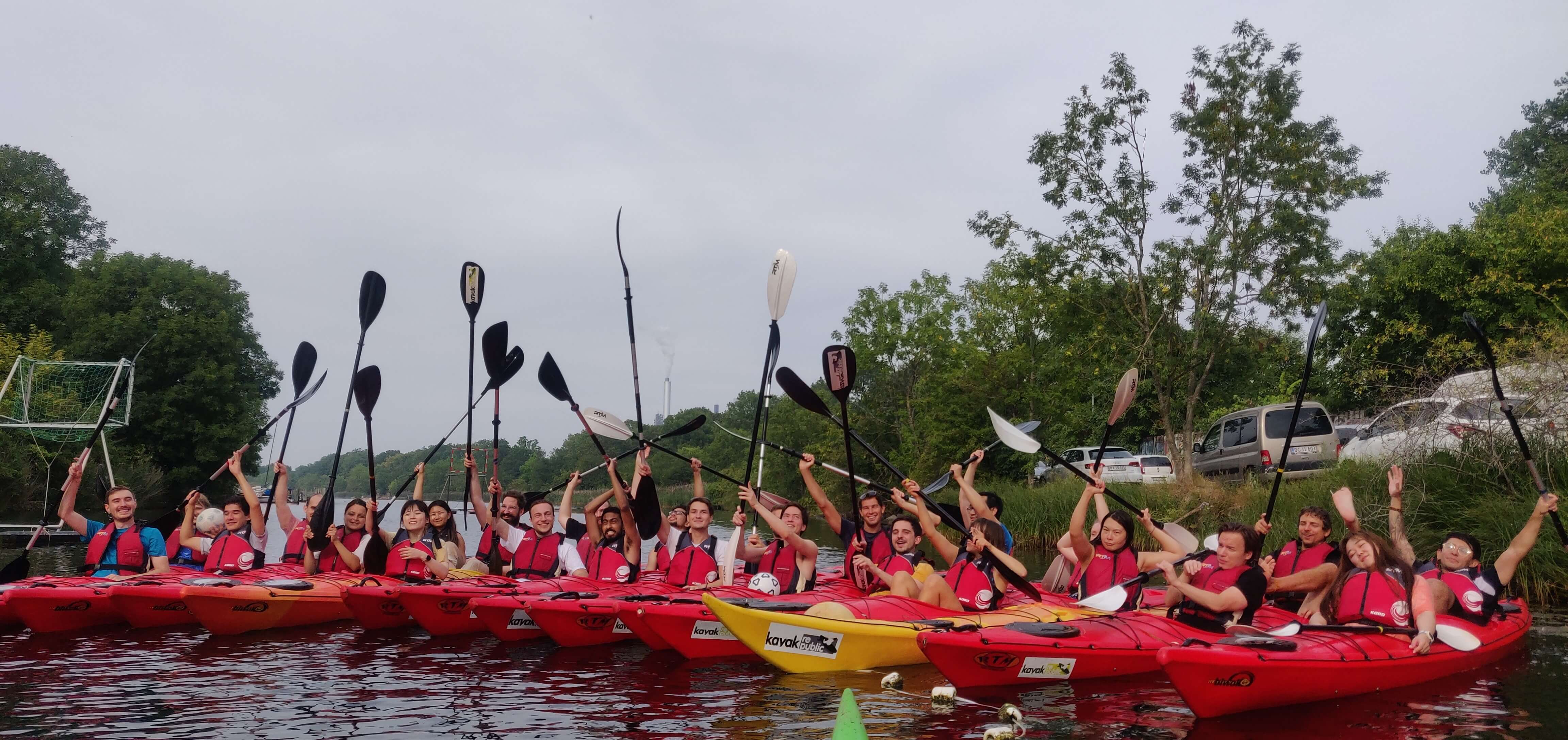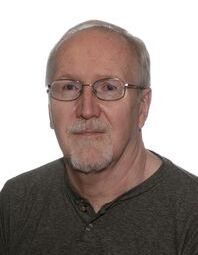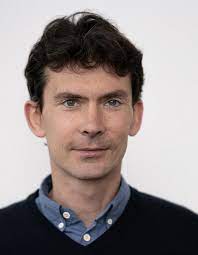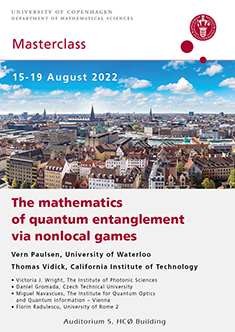The mathematics of quantum entanglement via nonlocal games


QMATH Masterclass - 15-19 August 2022
The focus of this Masterclass is the topic of nonlocal games in quantum information and their connections to other areas of mathematics.
Quantum information and computing is an interdisciplinary research area which seeks to leverage quantum mechanical phenomena for information processing purposes, surpassing the capabilities of conventional technologies. One of the key sources of quantum advantages and speed-ups is the phenomenon of quantum entanglement which allows distant parties to correlate their behaviors beyond conventionally reachable limits. It turns out, however, that entanglement-assisted strategies are hard to understand and their analysis gives rise to complex mathematical problems. As a result, we are yet to understand the full potential that entanglement can bring in the context of information processing.
Nonlocal games provide a rigorous general framework for studying the power and limitations of quantum entanglement in a setting with distributed agents. Similar games are well-established tools within the disciplines of theoretical computer science, cryptography, and foundations of physics. During the past decade we have seen that mathematical structures arising from entanglement-assisted strategies for nonlocal games can be naturally interpreted and studied using tools from other areas of mathematics like operator algebras and quantum groups. Most notably, one of the central problems in operator algebras, the 50-year-old Connes' Embedding Problem, was recently resolved using complexity theoretic analysis of nonlocal games.
Nonlocal games is a relatively new topic with no existing text book and key results and techniques being scattered across different research papers. Additionally, due to rich connections to computer science and physics, the range of techniques used in this context is unusually broad. With this Mastercass our goal is to gather a team of world-leading experts with different expertise who will introduce the topic of nonlocal games along with the known beautiful connections to different areas of study.
The primary audience is Master and PhD students.
Main lecturers:
 |
Vern Paulsen University of Waterloo |
 |
Thomas Vidick California Institute of Technology |
The main lectures will be supplemented with Friday talks on more focused topics delivered by external and local speakers, including Victoria J. Wright (The Institute of Photonic Sciences), Daniel Gromada (Czech Technical University), Miguel Navascues (The Institute for Quantum Optics and Quantum Information – Vienna), and Florin Radulescu (University of Rome 2).
The lectures will be aimed at master and graduate students in mathematics and computer science with some quantum information background.
All the lectures, talks and exercise sessions will take place in Auditorium 5, HCØ building (Dept of Mathematical Sciences).
Monday to Thursday schedule:
| Mon | Tue | Wed | Thu | |
| 09:00-09:50 | Lecture - Paulsen | Lecture - Paulsen | Lecture - Paulsen | Lecture - Paulsen |
| 10:00-10:50 | Lecture - Paulsen | Lecture - Paulsen | Lecture - Paulsen | Lecture - Paulsen |
| 11:10-12:30 | Exercise session | Exercise session | Exercise session | Exercise session |
| 12:30-13:30 | Lunch | Lunch | Lunch | Photo & lunch |
| 13:30-14:20 | Lecture - Vidick | Lecture - Vidick | Lecture - Vidick | Lecture - Vidick |
| 14:30-15:20 | Lecture - Vidick | Lecture - Vidick |
Kayak (15:30-17:30) Boat (16:00-17:00) |
Lecture - Vidick |
| 15:40-17:00 | Exercise session | Exercise session | Exercise session | |
| 19:00-20:30 |
Dinner |
Friday schedule:
| Fri | |
| 09:00-10:00 | Open problem session |
| 10:30-11:15 | Gromada: Quantum isomorphisms of graphs and quantum groups |
| 11:30-12:15 | Wright: An introduction to contextuality |
| 12:15-13:15 | Lunch |
| 13:15-14:00 | Navascues: When real numbers are not enough: a communication game that separates complex and real quantum theory |
| 14:15-15:00 | Radulescu: On the Connes Embedding Problem for countable discrete groups |
Instructions for Wednesday:
- Kayak option at Kayak Republic 15:30-17:30; Børskaj 12, 1221 København
- Boat tour option at Stromma 16:00-17:00; Nyhavn 3, 1051 København
- Dinner at Food Club, 19:00-20:30; Sortedam Dossering 7C, 2200 København
The conference/masterclass will take place at the Department of Mathematical Sciences, University of Copenhagen. See detailed instructions on how to reach Copenhagen and the conference venue.
Tickets and passes for public transportation can be bought at the Copenhagen Airport and every train or metro station. You can find the DSB ticket office on your right-hand side as soon as you come out of the arrival area of the airport. DSB has an agreement with 7-Eleven, so many of their shops double as selling points for public transportation.
A journey planner in English is available.
More information on the "find us" webpage.
Registration opened on 24 April 2022.
Register here before 24 June 2022.
Registration is now closed.

